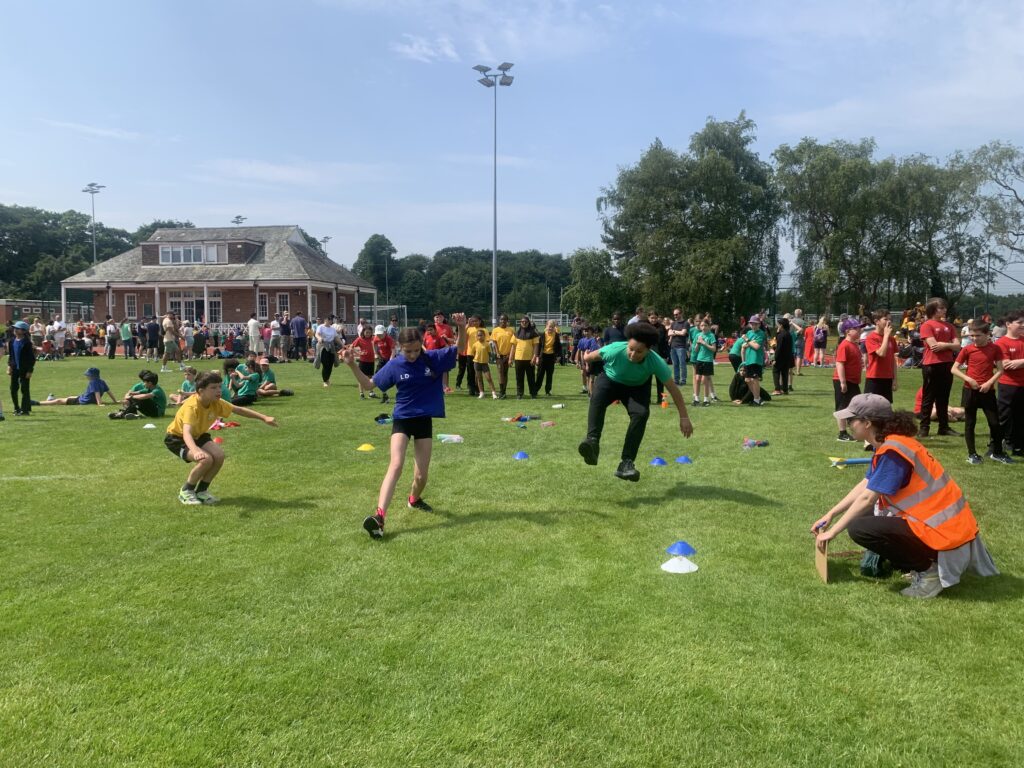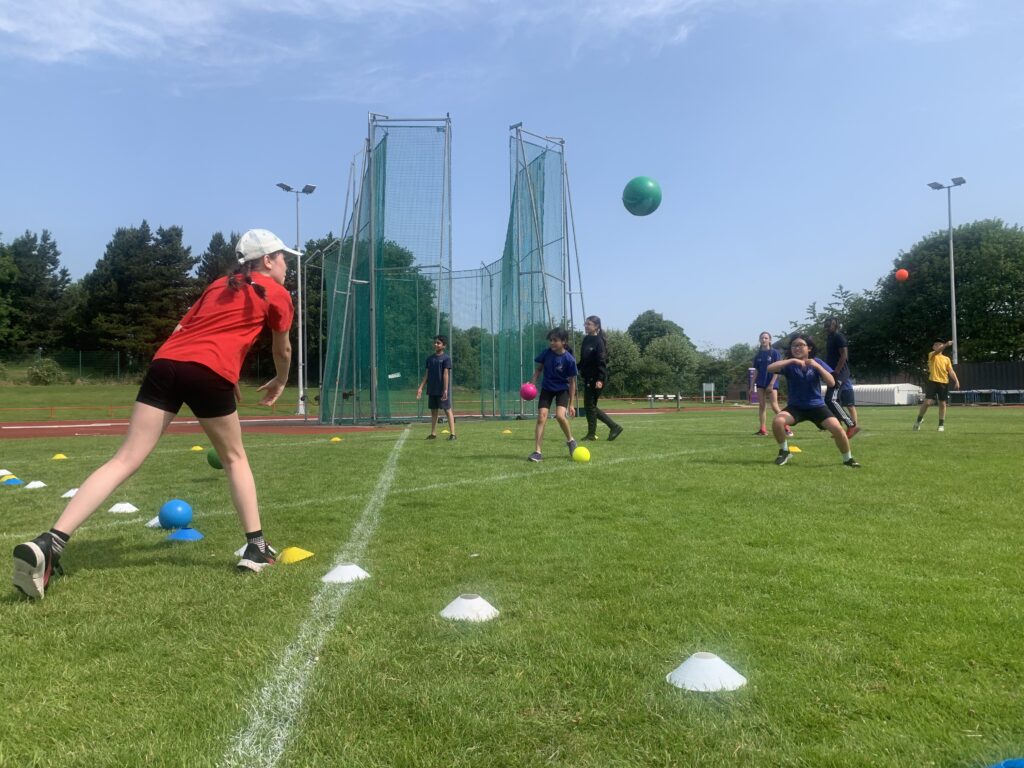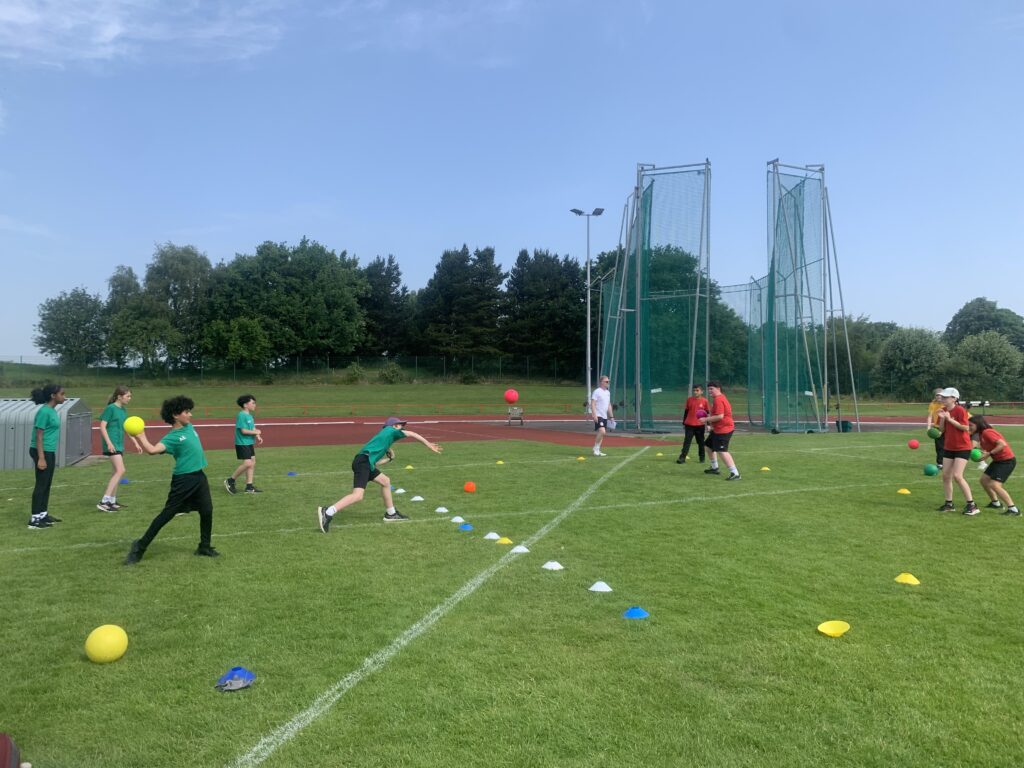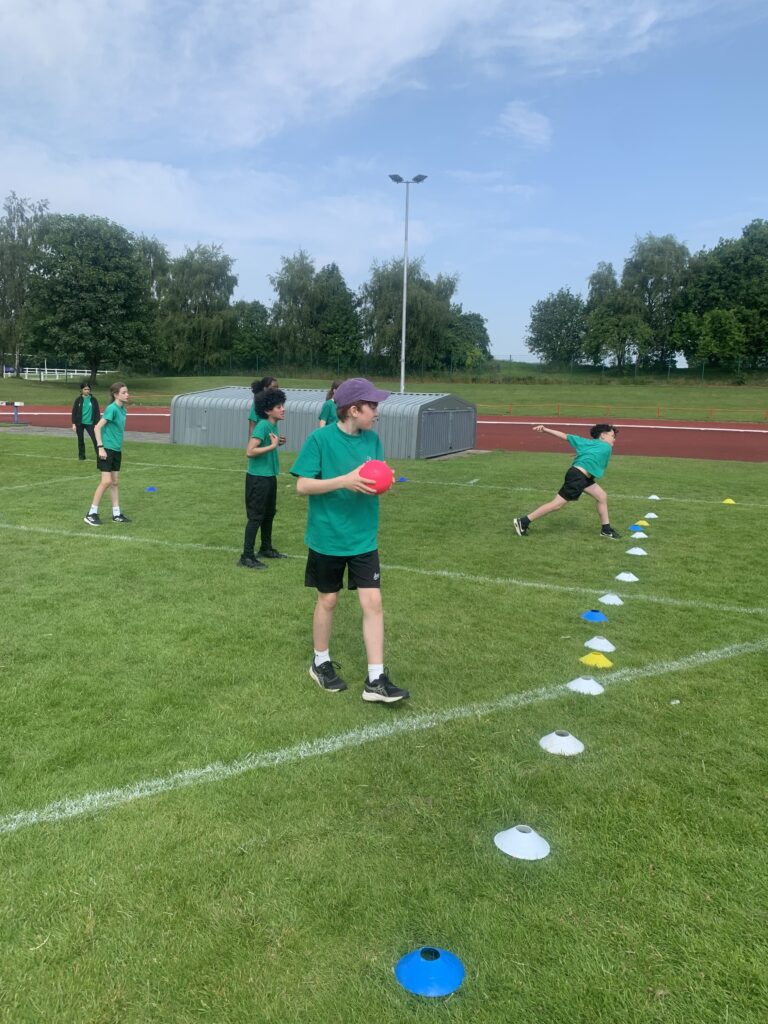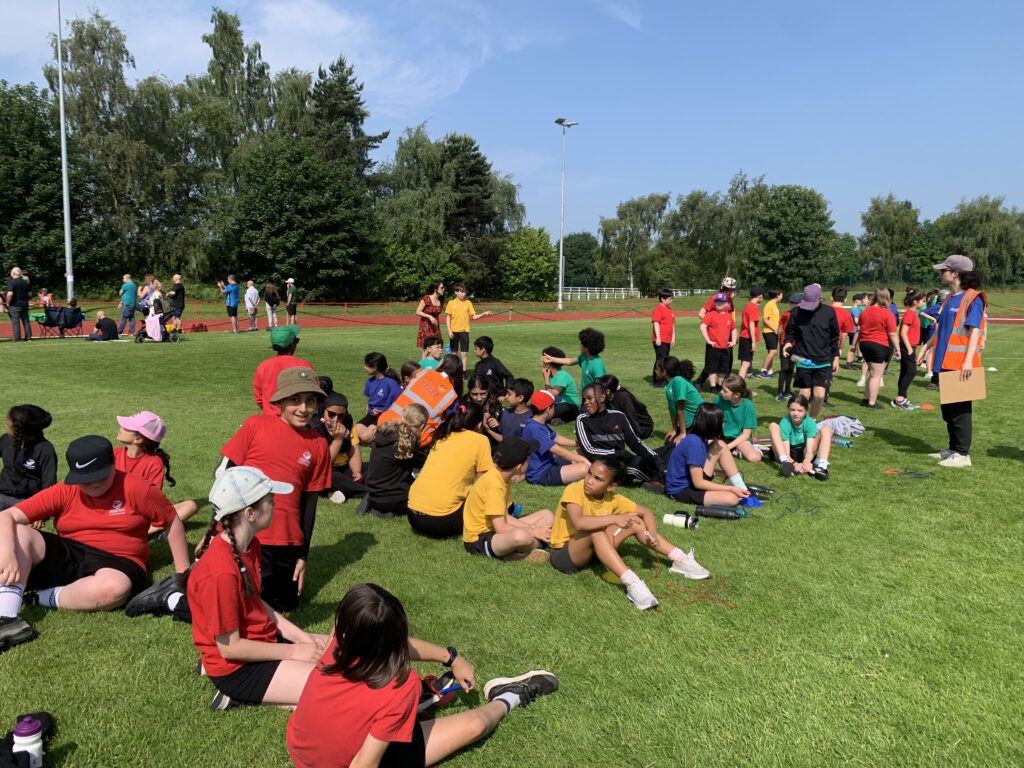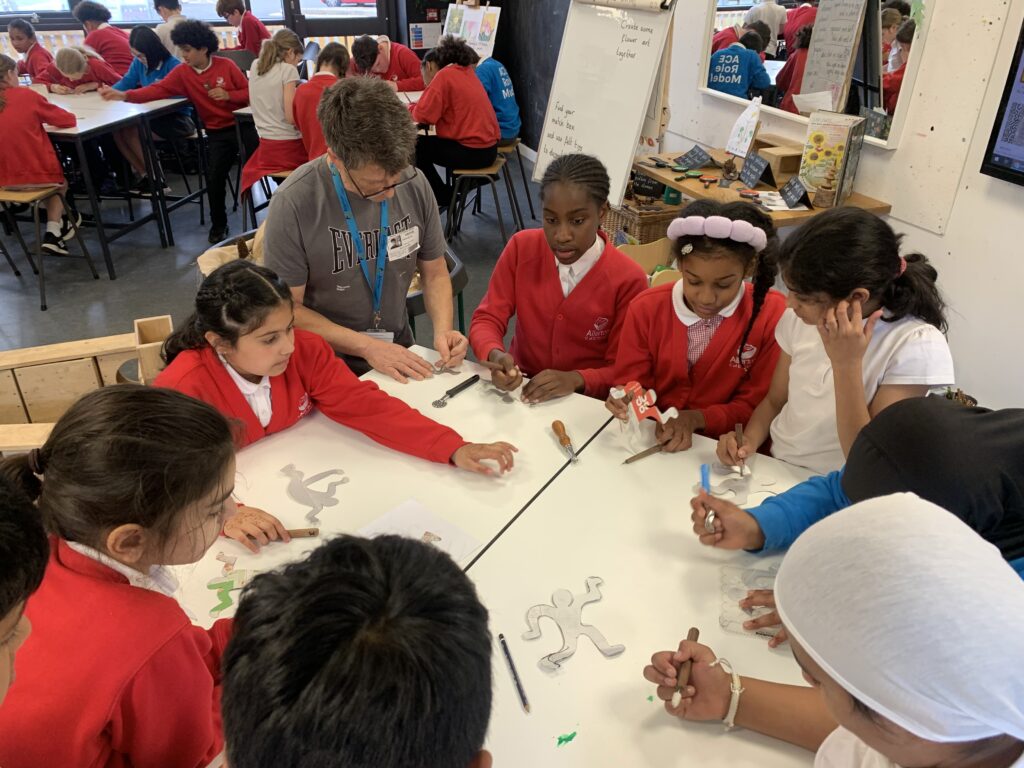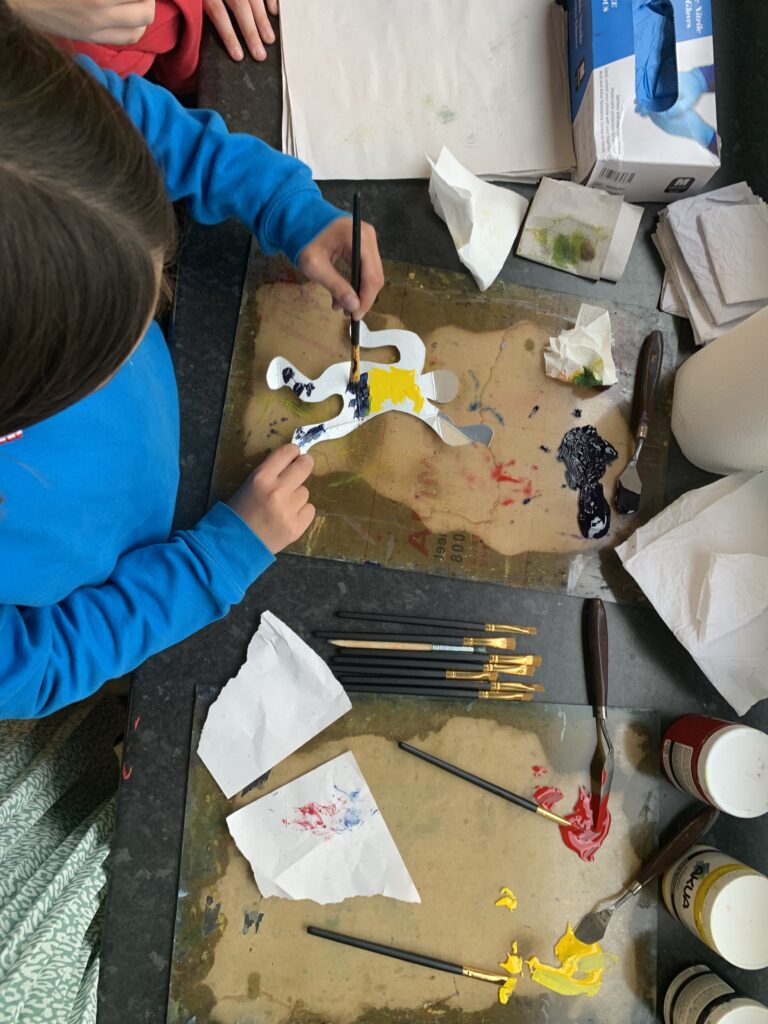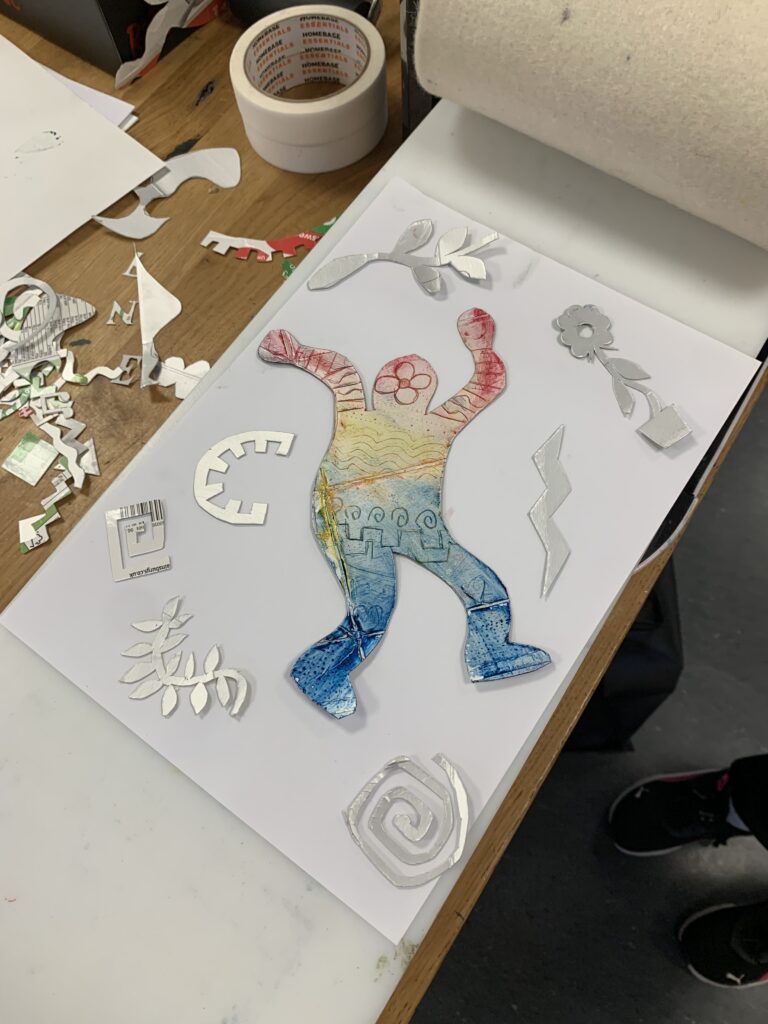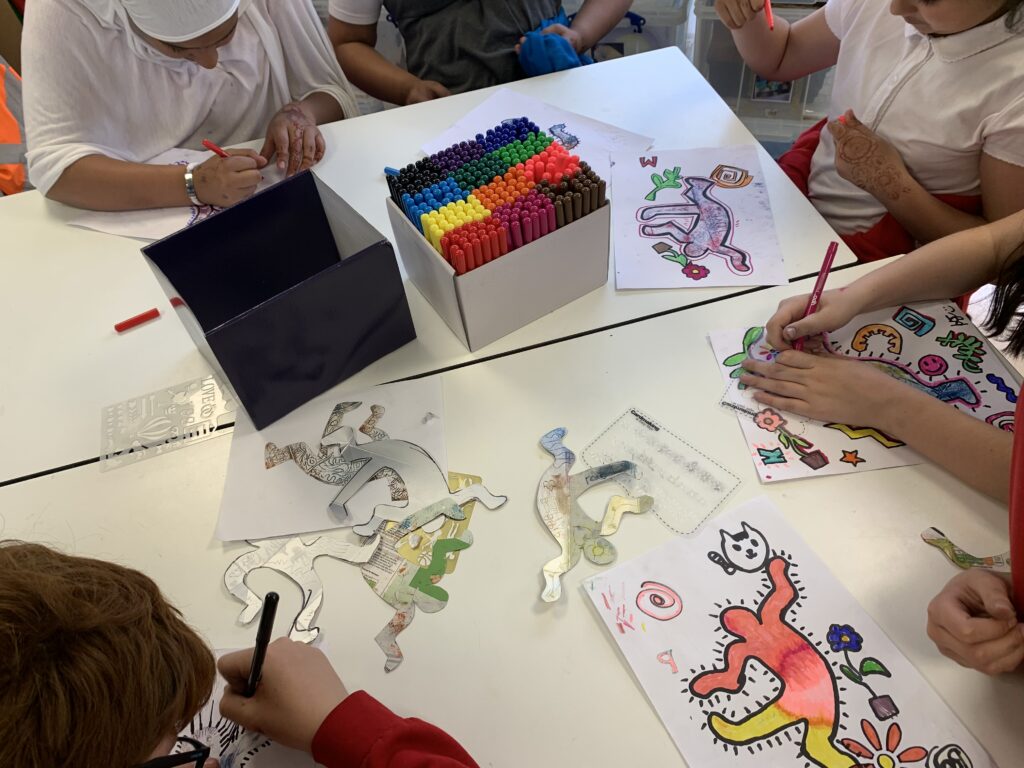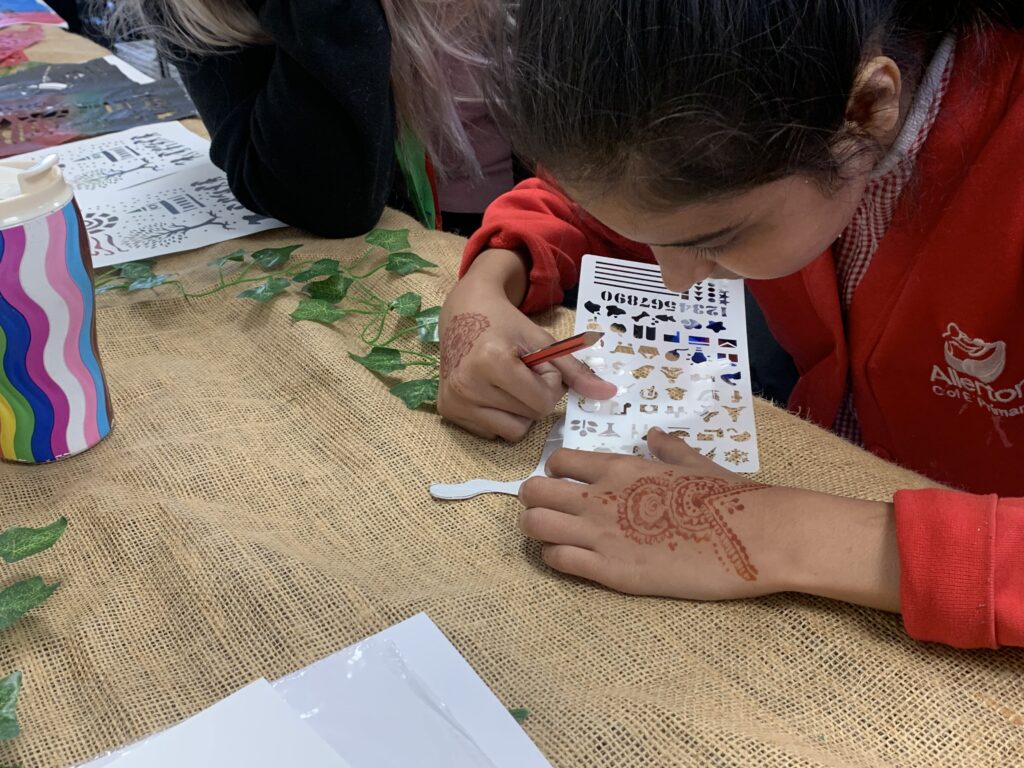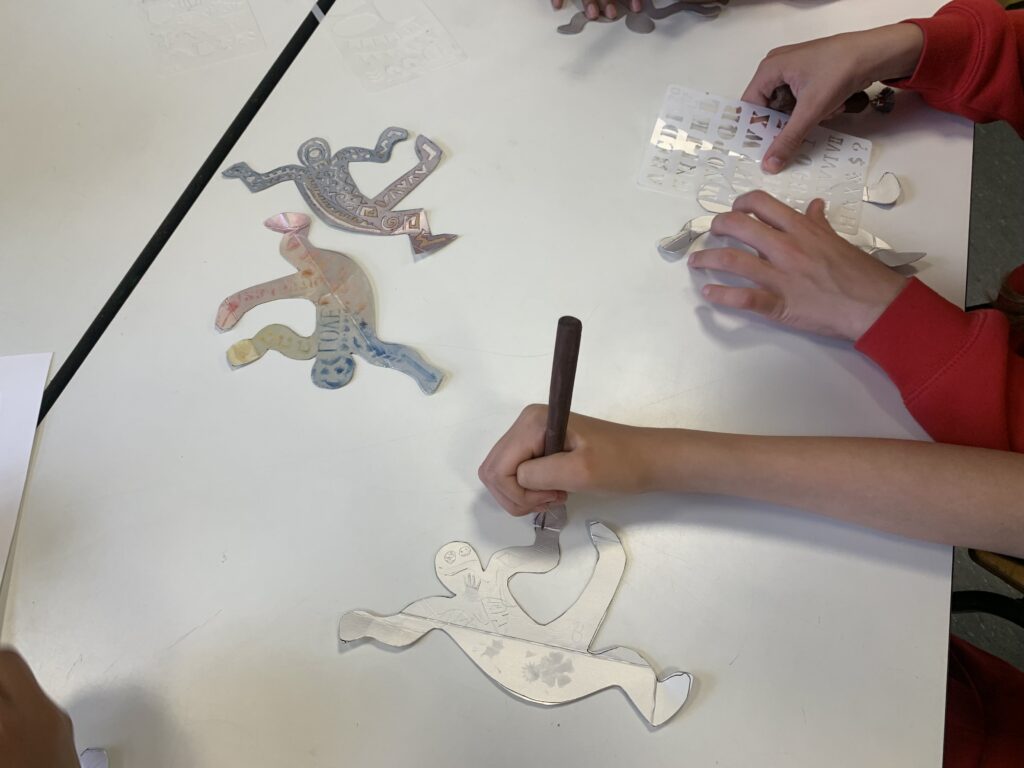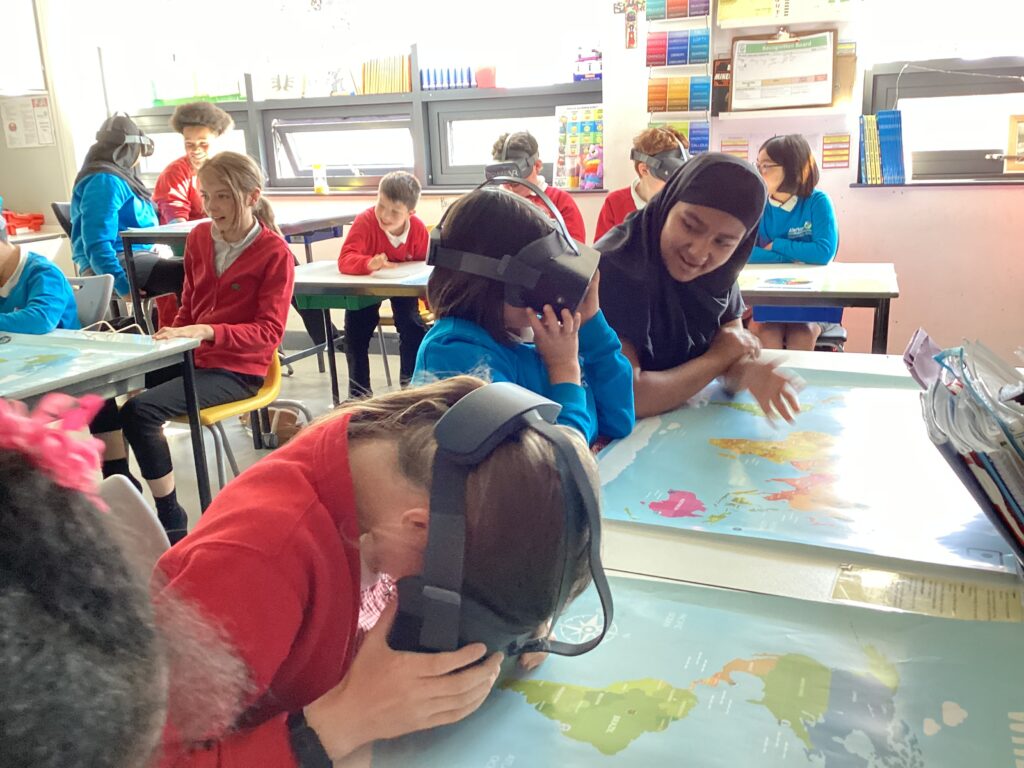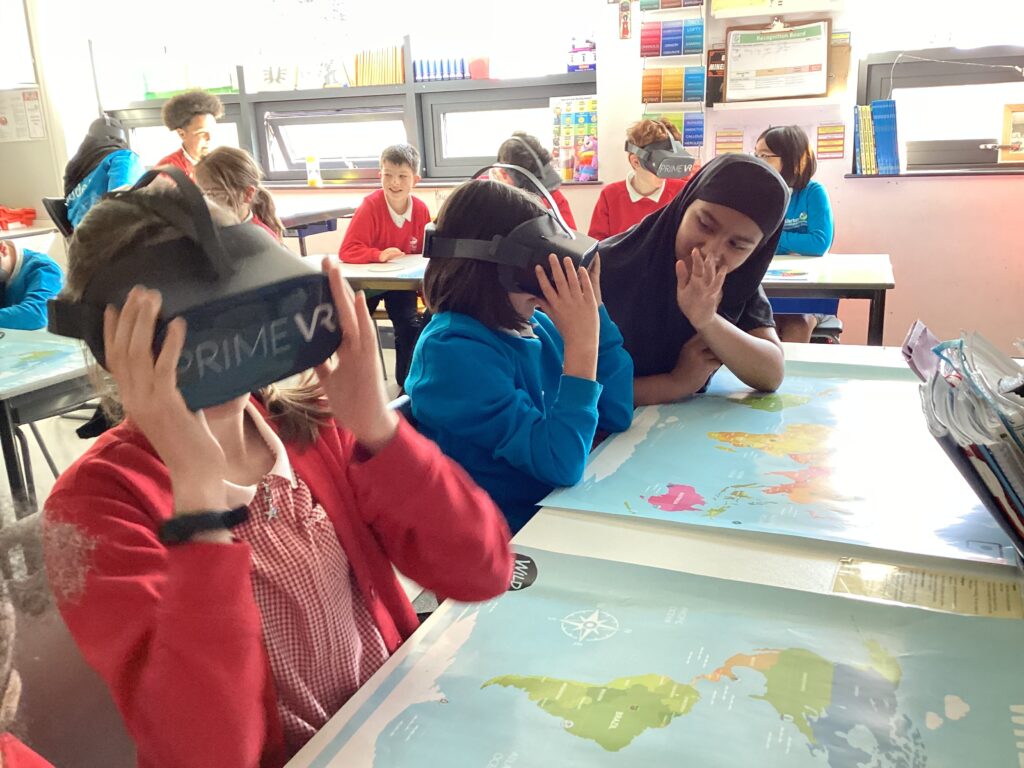As always, we had a fantastic time competing in sports day on the professional track at the Leeds Beckett athletics centre. This track has been the traning ground of numerous Leeds-born Olympic athletes such as Alexandra Bell, Gordon Benson and medalists Jonathan and Alistair Brownlee. What a privilege to get to compete in their footsteps! As well as the track events, we also took part in a range of field events, from the more traditional javelin to the less traditional but extremely competivite dodgeball matches.
